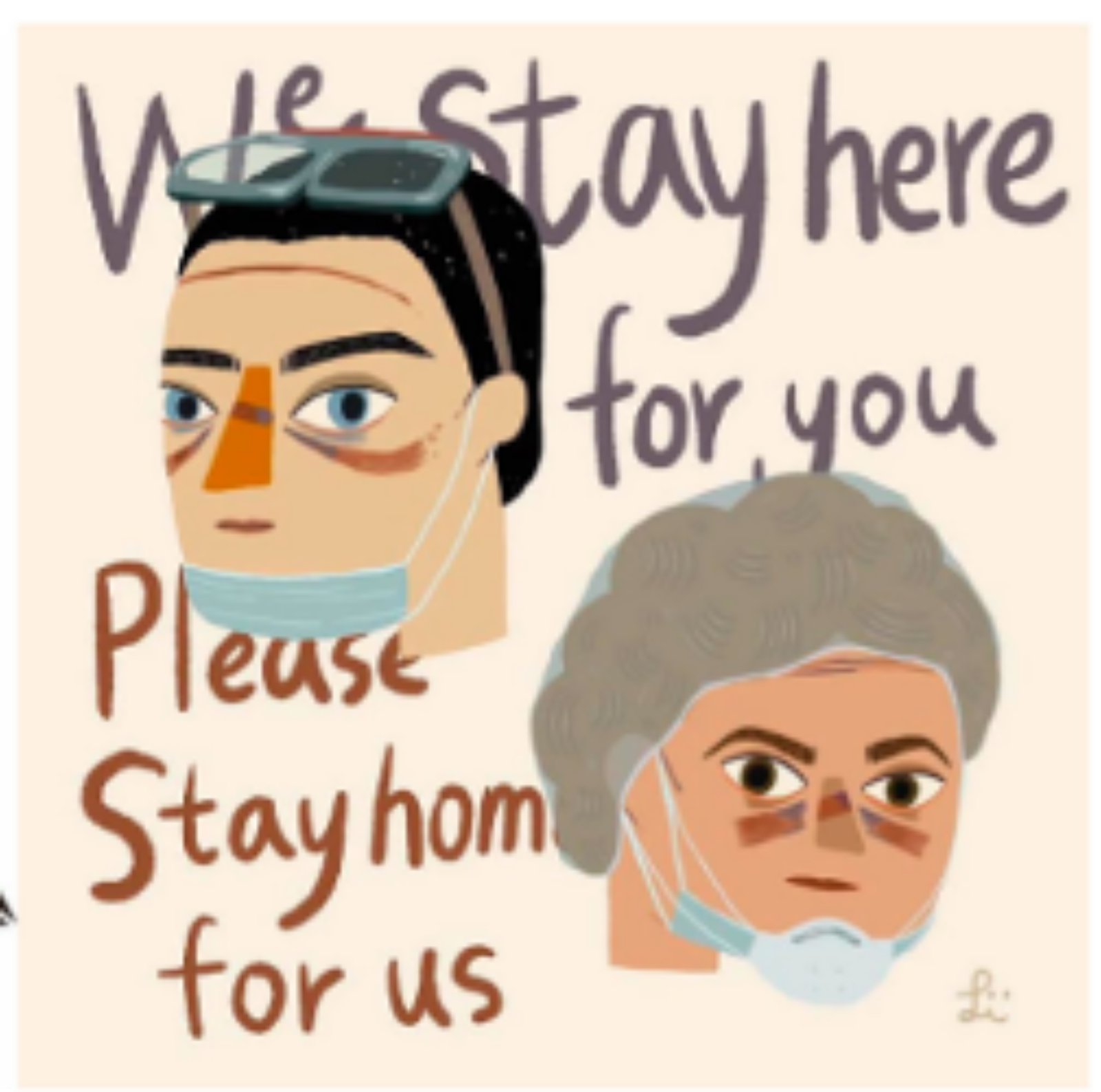“‘The End of the Common World’: COVID Anxieties, Bordered Lives and Democratic Censorship in Taiwan” is an academic article by Taiwanese cultural studies scholars Chih-ming Wang and Zhai Gong that explores the political undertones of Taiwan’s COVID-19 policy. Cross-strait marriages are marriages between Taiwanese nationals and non-Taiwanese people, most commonly people from mainland China, and they often must engage in “marriage migration” to reunite with their spouses in Taiwan. The authors selected posts from an “Overseas Taiwanese COVID-19 Self-Help Group” on Facebook to retroactively investigate accounts from non-Taiwanese spouses of cross-strait marriages during the pandemic from early 2020 to 2022. For example, a mainland Chinese mother who had obtained Taiwanese citizenship through marriage, recounted how her daughter, who was still waiting for Taiwanese citizenship, was prohibited from boarding the flight from mainland China to Taiwan due to her lack of citizenship. Her daughter spent six months separated from her parents and was only able to return to Taiwan as a PRC (mainland Chinese) student.
Under Taiwan’s pandemic policy, Taiwan closed its borders to all travelers not of Taiwanese nationality, including non-Taiwanese spouses and children of cross-strait marriages. However, the regulations proved discriminatory to prospective Taiwanese nationals and overseas Taiwanese diaspora, as the commander-in-chief of Taiwan’s Center for Disease Control announced that people must “bear the responsibility for the citizenship they have chosen” (Chen, qtd. in Wang and Gong 128) if they were unable to return. Taiwan also perpetuated anti-Chinese sentiments such as by referring to COVID-19 as the “Wuhan pneumonia” and blaming China for causing the pandemic and formulating anti-Chinese pandemic policies such as restricting the export of masks to mainland China. The authors observed a worrying phenomenon of “democratic censorship,” or that online criticism of the Taiwanese government and posts that did not share the dominant anti-Chinese sentiment were met with hate speech. People stranded overseas seeking help to return to Taiwan were often victim-blamed and attacked for their decisions to leave Taiwan before the pandemic.
The authors argue that Taiwan’s pandemic policy carries both biopolitical and geopolitical implications. The principle of biopolitics is that a nation “not only seeks to survive in the competition of nations but also decides what and who lives and dies for the purpose of its survival” (Wang and Gong 140-141). Biopolitically and geopolitically, the epidemic was at once both an internal threat, or that it weakened the population; and an external threat as the virus became “spatialized,” or intruded on the space of the country, so the population became the battlefield where the virus was fought as well as the soldiers fighting the virus. These conditions gave the government a state of exception where it could override individual rights and freedoms and turn a democracy into an autocracy, because it perceived the virus as a Chinese threat to Taiwan’s status quo. “It sees its contention with China as one about value, civilization, and above everything else, the survival of the state” (Wang and Gong 142).
The authors’ ethnographic study reveals the value of online platforms like Facebook in constructing communities of Taiwanese residents stranded overseas during the pandemic and allowing them to support each other from a distance, as their stories were unable to garner mainstream sympathy and they were often the targets of national hate. While the primary goal of pandemic policies is to protect public health, Taiwan’s policy carried explicitly political functions, namely, to prevent non-citizens from entering Taiwan, and to oppose and differentiate itself from mainland China. The policies not only divided Taiwanese families but also fostered an oppressive societal atmosphere where citizens themselves cracked down on alternative viewpoints, thus challenging democracy.

Image Captions:
Posters from the Self-Help Group, 16 May 2021. Via “‘The End of the Common World’: COVID Anxieties, Bordered Lives and Democratic Censorship in Taiwan” by Chih-ming Wang and Zhai Gong. Cultural Studies, vol. 38, no. 1, 11 Oct. 2023, pp. 123–148, bit.ly/4oP2cJI.Citation: Wang, Chih-ming, and Zhai Gong. “‘The End of the Common World’: COVID Anxieties, Bordered Lives and Democratic Censorship in Taiwan.” Cultural Studies, vol. 38, no. 1, 11 Oct. 2023, pp. 123–148. bit.ly/4oP2cJI. NON-FICTION, SCHOLARLY ARTICLE | CHINA. ll
Source Type: Scholarship on COVID-19 Studies
Country: China
Date: 11-Oct-2023
Keywords: Anti-China Sentiment, Biopolitics, COVID-19 Policy, Cross-border Immigration, Cross-strait Marriages, Geopolitics, Taiwan, and Xenophobia